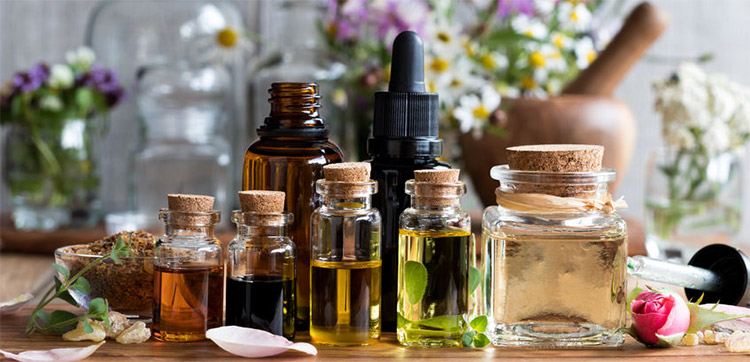
Nurturing Your Mind Self-Care Tips for Anxiety Relief
Introduction
In today’s fast-paced world, many individuals grapple with anxiety, a common mental health issue that can significantly impact daily life. However, incorporating self-care practices into your routine can provide relief and promote mental well-being. In this article, we’ll explore various self-care tips for anxiety relief, empowering you to nurture your mind and cultivate inner peace.
Prioritize Sleep
Adequate sleep is essential for overall health and plays a significant role in managing anxiety. Establish a consistent sleep schedule, aiming for seven to nine hours of quality sleep each night. Create a relaxing bedtime routine to signal to your body that it’s time to unwind, such as reading a book, taking a warm bath, or practicing relaxation techniques.
Practice Mindfulness
Mindfulness involves paying attention to the present moment without judgment, which can help alleviate anxiety symptoms. Incorporate mindfulness practices into your daily routine, such as meditation, deep breathing exercises, or mindful walking. These techniques can help calm your mind, reduce stress, and enhance your overall sense of well-being.
Engage in Regular Exercise
Physical activity is a powerful tool for managing anxiety and improving mental health. Engage in regular exercise, such as walking, jogging, yoga, or dancing, to release tension and boost your mood. Aim for at least 30 minutes of moderate-intensity exercise most days of the week, and choose activities that you enjoy and find fulfilling.
Limit Stimulants
Stimulants such as caffeine and nicotine can exacerbate anxiety symptoms by increasing heart rate and triggering feelings of nervousness or restlessness. Limit your intake of caffeine-containing beverages such as coffee, tea, and energy drinks, and consider cutting back on or eliminating nicotine products if you smoke.
Establish Healthy Boundaries
Setting healthy boundaries is crucial for protecting your mental and emotional well-being, especially when dealing with anxiety. Learn to say no to commitments or situations that cause you undue stress or overwhelm, and prioritize activities that bring you joy and fulfillment. Communicate your needs assertively and respectfully to others.
Nourish Your Body
A balanced diet can play a significant role in managing anxiety and promoting overall health. Eat a variety of nutrient-rich foods, including fruits, vegetables, whole grains, lean proteins, and healthy fats. Limit your intake of processed foods, sugary snacks, and alcohol, which can negatively impact mood and exacerbate anxiety symptoms.
Seek Support
Don’t hesitate to reach out for support from friends, family, or mental health professionals if you’re struggling with anxiety. Talking to someone you trust about your feelings can provide comfort and validation, and seeking professional help can offer valuable guidance and support. Remember, you’re not alone, and it’s okay to ask for help when you need it.
Practice Self-Compassion
Be kind and compassionate towards yourself, especially when dealing with anxiety. Practice self-care activities that bring you joy and comfort, such as spending time in nature, engaging in creative pursuits, or indulging in a favorite hobby. Treat yourself with the same kindness and understanding that you would offer to a loved one.
Limit Exposure to News and Social Media
Constant exposure to negative news or social media can fuel anxiety and overwhelm. Set boundaries around your media consumption, limiting your exposure to distressing content and taking breaks when needed. Focus on activities that promote relaxation and positive emotions, such as spending time with loved ones, engaging in hobbies, or practicing gratitude.
Find Joy in Simple Pleasures
Amidst the challenges of anxiety, don’t forget to find joy in the simple pleasures of life. Take time to savor small moments of happiness and gratitude, whether it’s enjoying a cup of tea, watching a beautiful sunset, or cuddling with a pet. Cultivate a sense of appreciation for the beauty and wonder that surrounds you each day.
By incorporating these self-care tips into your routine, you can nurture your mind, soothe anxiety symptoms, and cultivate a greater sense of peace and well-being. Remember to be patient with yourself and practice self-compassion as you navigate your journey towards anxiety relief. Read more about self care tips for anxiety









